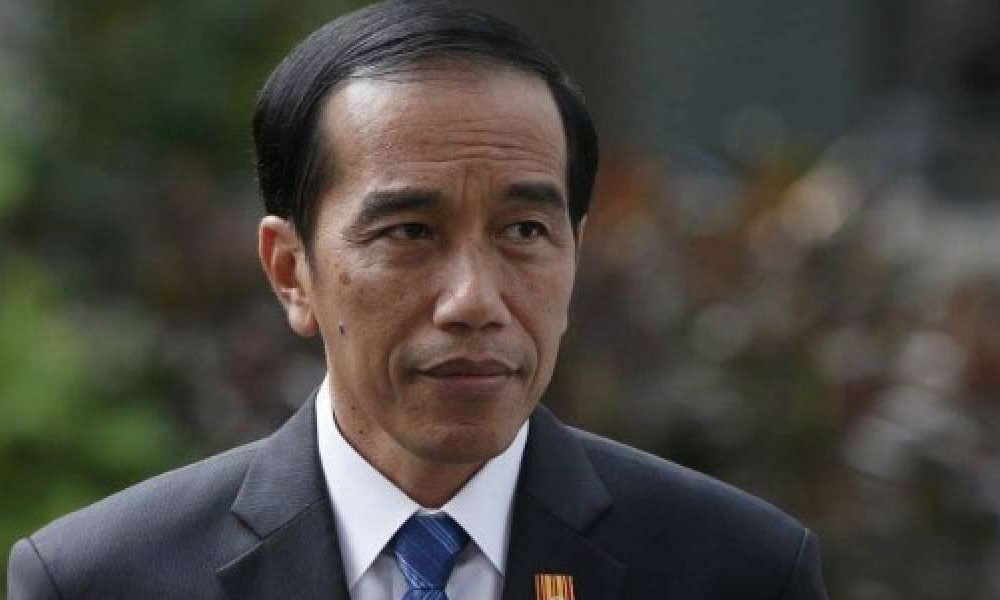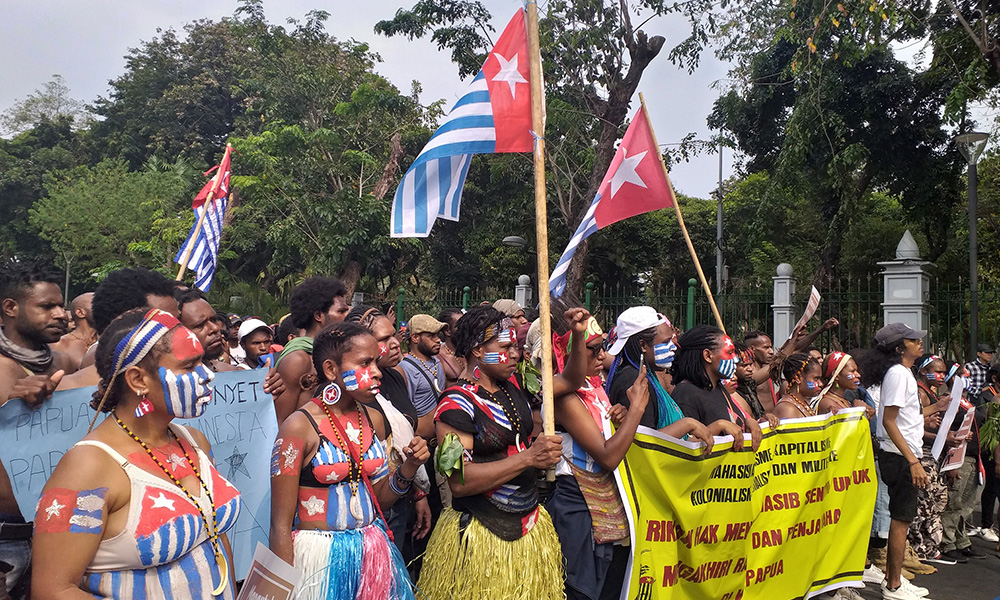
Indonesian President Joko Widodo has opened the door to holding talks with separatists in the restive easternmost region of Papua, a departure from the stance of previous governments and some of his cabinet ministers.
The offer, which drew a cautious response from Papuan leaders, comes after seven weeks of violence triggered by racist slurs directed at Papuan university students by members of the security forces.
Located on the western half of the island of New Guinea and long racked by a simmering separatist insurgency, Papua encompasses Indonesia’s two easternmost provinces and has a distinct ethnic Melanesian population.
A former Dutch colony, Papua was formally incorporated into Indonesia in 1969, after a disputed vote of about 1,025 hand-picked tribal leaders. The result of the plebiscite was overseen and endorsed by the United Nations.
Replying on Monday to reporters who asked if he was prepared to meet Papuan activists demanding an independence referendum, Joko said: “Yes, there is no problem.”
“With anyone, I will meet if they really want to meet," he added.
Victor Yeimo, a spokesperson for the National Committee for West Papua, known by its Indonesian acronym KNPB, told Reuters any talks would have to be mediated by an international body, such as the United Nations, or a foreign country.
“We would need to talk about a referendum and the root causes behind our call for independence,” he said in a message.
Separatists leaders refer to the Papua region as West Papua.

\A Papuan news portal tabloidjubi quoted another separatist leader, Benny Wenda, the head of the United Liberation Movement for West Papua (ULMWP), as saying he was open to a meeting.
“But we will only meet if all the (military and police) troops are withdrawn from the land of Papua.
"Because it is impossible to meet if there is still a threat to the fate of the people of Papua.”
Evacuation
The two groups have been accused of masterminding the protests that convulsed Papua in recent weeks.
After Joko spoke on Monday, his security minister Wiranto accused Wenda, who is based in Britain, of “trying to ignite massive riots”.
On Monday last week, 37 people died and scores were hurt during clashes in Wamena and Jayapura.
In Wamena, thousands of terrified residents were evacuated after Papua’s worst day of bloodshed in decades.
The government and some Papuan independence activists say 25 of the 33 who died there were migrants from elsewhere in the country.
Government offices and homes were burned down, and 250 cars and motorcycles destroyed, as indigenous Papuans and security forces clashed.
The carnage was preceded by reports on social media that a non-indigenous high school teacher had referred to her students as “apes”.
On Monday, Indonesia’s human rights commission said its investigation found the teacher had asked students to speak more loudly. However, the students misheard the world loud, keras in Bahasa Indonesia, as the word ape, kera.
Widodo said a group of armed criminals from outside Wamena had exploited the tension and was responsible for most of the destruction. He did not identify which organization, if any, the group belonged to.
Yeimo said the KNPB was not involved in the Wamena protests.
- Reuters



No comments:
Post a Comment
Note: Only a member of this blog may post a comment.